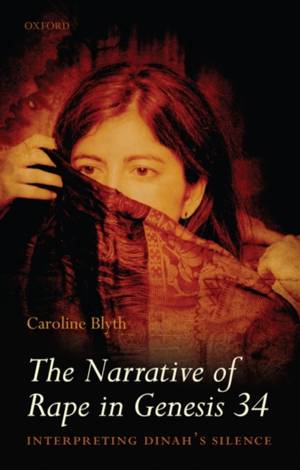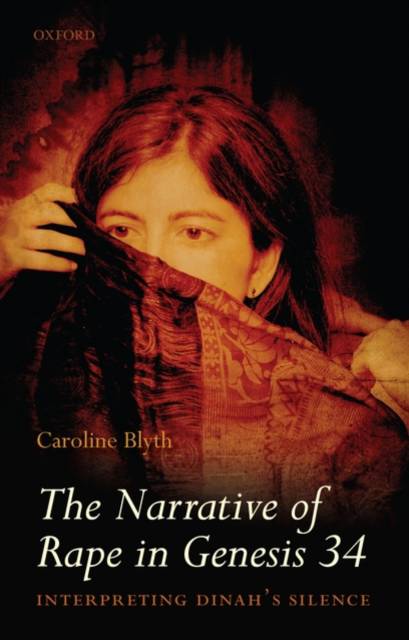
Je cadeautjes zeker op tijd in huis hebben voor de feestdagen? Kom langs in onze winkels en vind het perfecte geschenk!
- Afhalen na 1 uur in een winkel met voorraad
- Gratis thuislevering in België vanaf € 30
- Ruim aanbod met 7 miljoen producten
Je cadeautjes zeker op tijd in huis hebben voor de feestdagen? Kom langs in onze winkels en vind het perfecte geschenk!
- Afhalen na 1 uur in een winkel met voorraad
- Gratis thuislevering in België vanaf € 30
- Ruim aanbod met 7 miljoen producten
Zoeken
The Narrative of Rape in Genesis 34
Interpreting Dinah's Silence
Caroline (University of Edinburgh) Blyth
Hardcover
€ 151,95
+ 303 punten
Omschrijving
A close study of the narrative account of Dinah's rape in Genesis 34, analysing the influence of myths and misperceptions surrounding sexual violence and bringing contemporary accounts of rape into dialogue with the biblical text to highlight the 'silencing' of survivors.
Specificaties
Betrokkenen
- Auteur(s):
- Uitgeverij:
Inhoud
- Aantal bladzijden:
- 288
Eigenschappen
- Productcode (EAN):
- 9780199589456
- Verschijningsdatum:
- 19/08/2010
- Uitvoering:
- Hardcover
- Afmetingen:
- 148 mm x 222 mm
- Gewicht:
- 482 g

Alleen bij Standaard Boekhandel
+ 303 punten op je klantenkaart van Standaard Boekhandel
Beoordelingen
We publiceren alleen reviews die voldoen aan de voorwaarden voor reviews. Bekijk onze voorwaarden voor reviews.









